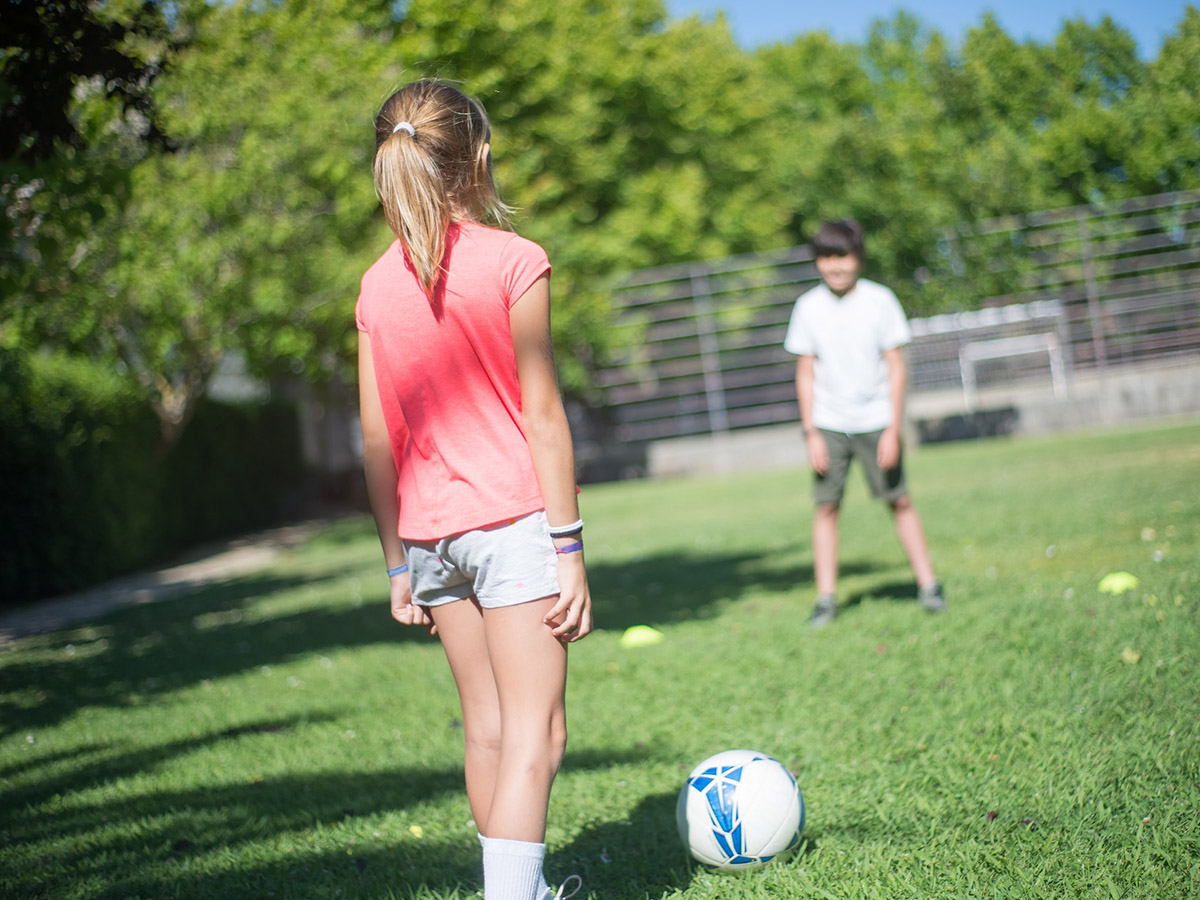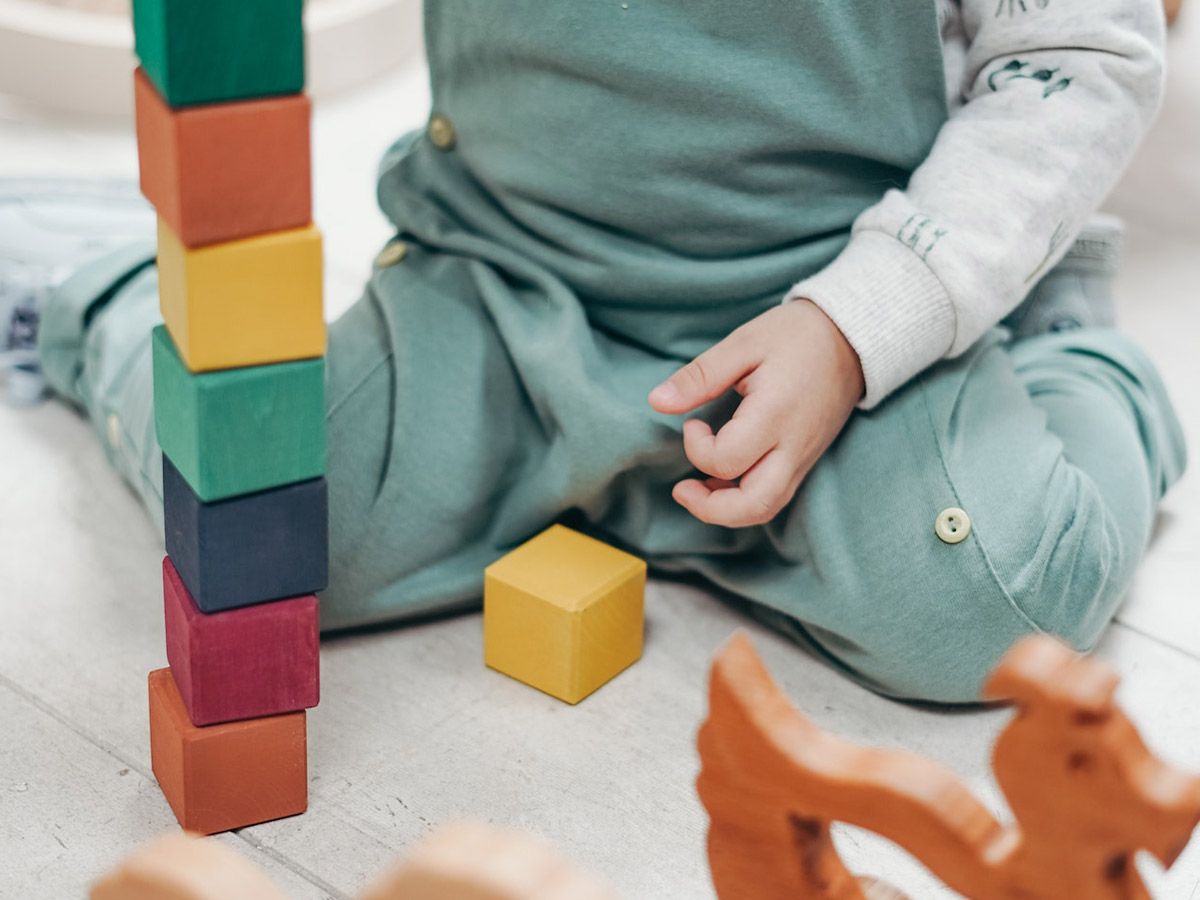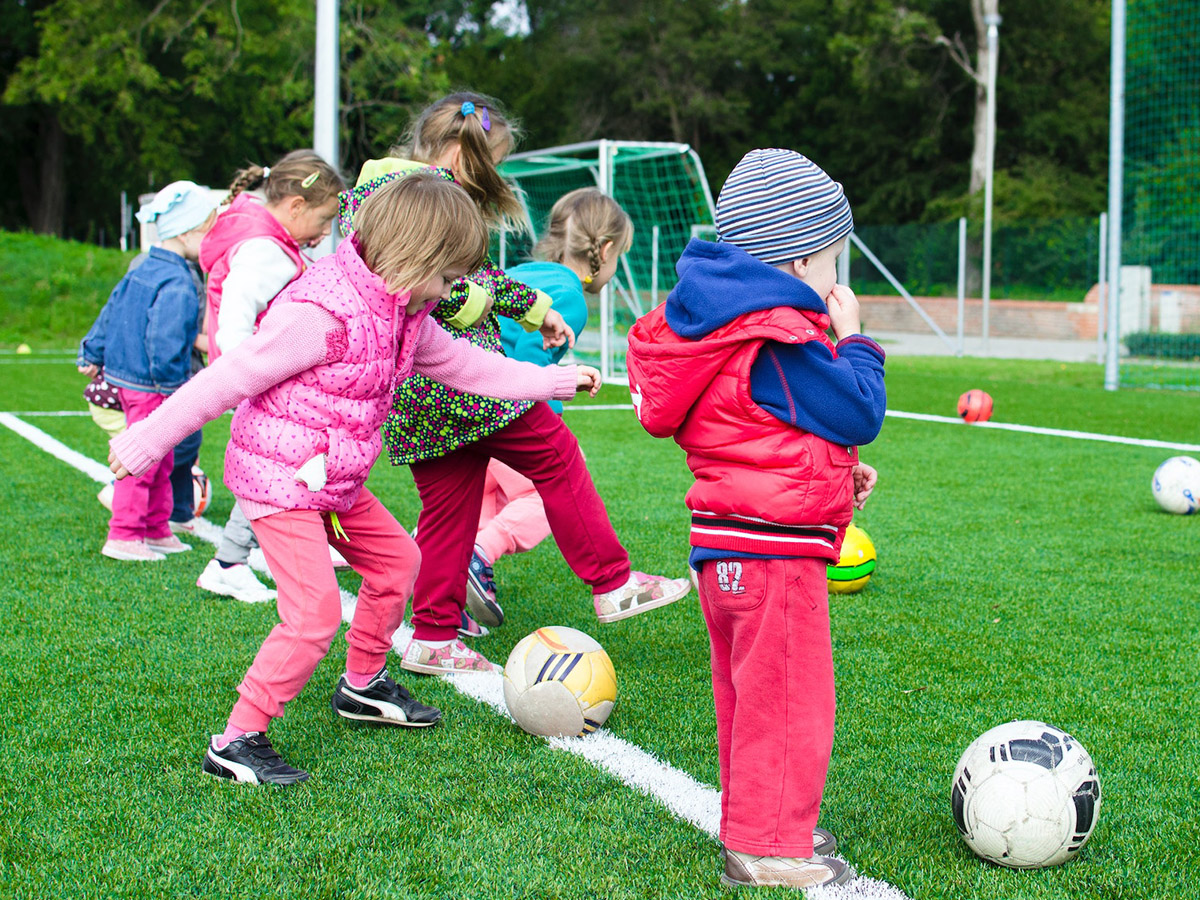Nootropics are becoming increasingly popular among adults and even children. Many parents are turning to these cognitive-enhancing supplements to try and give their children an edge in school and daily life. However, is it really safe for kids to take nootropics? Are there any benefits that outweigh the potential risks? In this post, we will examine the use of nootropics for children and how it may help them reach their full potential. We will discuss what nootropics can do for young minds, and whether or not the risks associated with taking them are worth it.
What are the Benefits of Nootropics for Children?
Nootropics are a class of cognitive-enhancing drugs that have shown promise in improving children’s brain function. These drugs are known to increase alertness, attention, and energy while also improving memory and learning.
There is a growing body of research on the benefits of nootropics for children. Some studies have shown that nootropics can:
- Improve attention span
- Reduce impulsivity
- Improve working memory
- Improve reading comprehension
- Academic performance
The use of nootropics is becoming more popular among parents of school-aged children as they look for ways to give their children an edge in the classroom. While there is still much unknown about the long-term effects of these drugs on brain development, the current research suggests that nootropics may be safe and effective for enhancing cognitive function in children.
How to Give Nootropics to Children
Nootropics are a type of supplement that has become popular in recent years for their cognitive-enhancing effects. Some people believe that nootropics can help children reach their full potential by improving their memory, focus, and energy levels.
There is limited research on the safety and efficacy of nootropics in children, so it’s important to consult with a doctor before giving them to your child. Even though nootropics are generally considered safe, they can interact with other medications or supplements your child is taking.
If you decide to give your child nootropics, it’s important to start with a low dose and increase gradually as needed. It’s also important to have realistic expectations about what nootropics can and cannot do. Nootropics are not magic pills that will make your child a genius overnight; rather, they may help improve your child’s cognitive function over time.
Are There Any Side Effects of Nootropics for Children?
There are a few potential side effects of nootropics for children to be aware of. These include:
- Headaches: Some children may experience headaches when taking nootropics. This is usually due to the body adjusting to the new supplement. If the headaches persist, it is best to stop taking the nootropic and consult with a doctor.
- Stomach upset: Some children may experience an upset stomach when taking nootropics. This is usually due to the body adjusting to the new supplement. If the stomach upset persists, it is best to stop taking the nootropic and consult with a doctor.
- Allergic reactions: Some children may be allergic to ingredients in nootropics. If you notice any signs of an allergic reaction (rash, hives, swelling, difficulty breathing), stop giving your child the supplement and call 911 immediately.
- Hyperactivity: Some children may become more hyperactive when taking nootropics. If this occurs, it is best to stop giving your child the supplement and consult with a doctor
Do Nootropics for Children Have the Same Benefits as for Students?
When it comes to maximizing academic potential with nootropics, many wonder if the same benefits apply to children as they do to students. The effects of these cognitive enhancers on young minds are not yet fully understood, and caution is advised. Further research is needed to determine whether nootropics can safely boost cognitive function in children without potential risks and side effects.
Conclusion
Nootropics for children can be a great way to help them reach their full potential by providing them with the mental clarity and focus they need. By supplying their brains with essential nutrients, nootropics can give kids the boost they need to excel in school and spark creativity as well as improve their overall health. Although there are still many things we don’t know about how cognitive enhancers work in young people, it is clear that nootropics may eventually play an important role in helping children reach their maximum potential.
When it comes to cognitive enhancers, commonly known as nootropics, there is a growing interest in their potential benefits for children, particularly those with autism. The search for the best nootropics for autism has intensified, as parents and experts alike strive to find effective solutions to support cognitive development in children with this condition.
While there is still limited research on this specific topic, some preliminary studies suggest that certain nootropics may have positive effects on individuals with autism. These studies primarily focus on nootropics for autism in English-speaking populations, aiming to explore their potential benefits in improving language and communication skills in affected children.
Parents and caregivers are eager to find safe and reliable options that can potentially enhance the cognitive abilities of their children with autism. However, it is crucial to consult with healthcare professionals and specialists in the field before introducing any nootropic supplements to a child’s regimen. They can provide expert guidance on the best nootropics for kids with autism, taking into consideration the child’s individual needs and potential interactions with other medications or therapies.
It is important to note that nootropics should never be seen as a standalone treatment for autism. They should be regarded as a complementary approach alongside established therapies, educational interventions, and supportive strategies. The combination of evidence-based interventions and targeted nootropics may help optimize the cognitive functioning and overall well-being of children with autism, offering them a path towards reaching their full potential.
While the search for the best nootropics for autism continues, it is essential to approach this topic with caution, emphasizing the significance of individualized care and professional guidance. As the field of autism research progresses, it is hoped that further studies will shed light on the specific benefits and potential risks associated with nootropics for children with autism, ultimately providing parents and caregivers with well-informed choices for their loved ones.
More posts on same topic
Should Kids Take Nootropics?
Nootropics are becoming increasingly popular among adults who are looking for a cognitive boost. But should kids take nootropics? In this blog post, we will explore the potential benefits and…
Nootropics For Young Minds
Nootropics have become increasingly popular in recent years, as they are believed to improve cognitive function and overall mental performance. But what about nootropics for young minds? In this blog…
Nootropics For Students: Is It Effective For Children?
Nootropics are becoming increasingly popular among students looking to improve their performance in school. But what are they, and are they effective and safe for kids to take? In this…
Nootropics For Kids: Is It Safe And Effective?
Nootropics are becoming increasingly popular among adults, but what about children? Are they safe and effective for kids? In this blog post, we will be discussing the potential benefits of…
Nootropics For Child ADHD-Improve Attention Naturally
Attention Deficit Hyperactivity Disorder (ADHD) is a common condition that affects children and can have a negative effect on their academic and social life. If you are looking for a…
Nootropics for Child: A Comprehensive Guide for Parents
Nootropics are supplements that are claimed to have cognitive benefits. Despite this, some people are still not sure if nootropics are safe for children. This article will answer some of…
Nootropics for Autism: How Does It Work?
Are you considering giving your child nootropics to help with autism? Nootropics are becoming increasingly popular as a potential solution to a variety of mental health issues, including autism. In…
Can Children Take Nootropics? What to Know Before You Start Taking These Supplements
Nootropics are supplements that have cognitive-enhancing properties. While many people believe that nootropics can improve focus and concentration, there is still much to learn about the risks and benefits of…
Best Nootropics For Students
Nootropics, also known as “smart drugs”, are becoming increasingly popular among students. They are substances believed to improve cognitive abilities such as memory, focus, and concentration. If you are a…
Are Nootropics Safe For Pregnancy: Can It Affect Children?
Nootropics are a class of drugs that are designed to improve cognitive function. They are often used by people who want to improve their memory, focus, and attention span. Nootropics…











